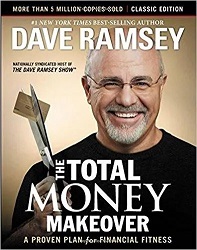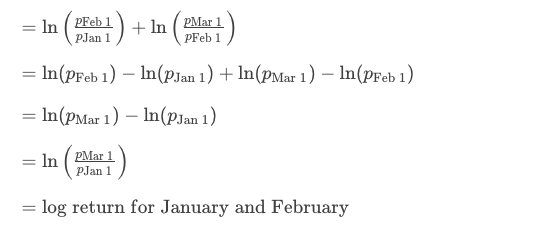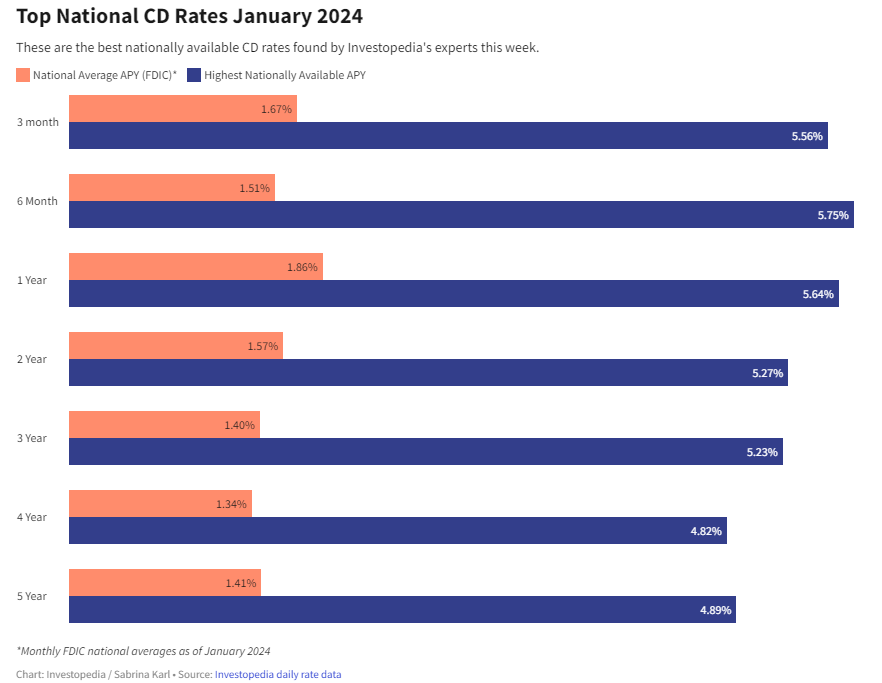How to Be Smart with Money
In today's fast-paced and ever-changing world, being smart with money is more important than ever. Whether you are just starting out in your career or are well-established, knowing how to effectively manage your finances is a skill that can greatly impact your future success. In this article, we will explore some key strategies and tips for being smart with money from a professional's perspective.
1. Create a Budget
One of the first steps in being smart with money is creating a budget. A budget is a financial plan that helps you track your income and expenses. By creating a budget, you can gain a clear understanding of where your money is going and make informed decisions about how to allocate it. Start by listing all your sources of income and then track your expenses, including both fixed costs (such as rent or mortgage payments) and variable costs (such as groceries or entertainment). This will give you a comprehensive view of your financial situation and allow you to identify areas where you can cut back or save.
2. Save and Invest
Another important aspect of being smart with money is saving and investing. It's crucial to set aside a portion of your income for future needs and emergencies. Aim to save at least 10% of your income, if possible. Consider opening a separate savings account to keep your savings separate from your everyday spending. Additionally, look for opportunities to invest your money wisely. Investing can help grow your wealth over time and provide financial security for the future. Consult with a financial advisor to determine the best investment options based on your goals and risk tolerance.
3. Avoid Debt
Being smart with money also means avoiding unnecessary debt. While it may be tempting to rely on credit cards or loans for immediate gratification, accumulating debt can quickly become overwhelming and hinder your financial progress. Instead, focus on living within your means and only borrowing when absolutely necessary. If you do have existing debts, prioritize paying them off as soon as possible. Start by paying off high-interest debts first, such as credit card balances, and then work your way down to lower-interest debts.
4. Be Mindful of Spending
A key aspect of being smart with money is being mindful of your spending habits. Take the time to evaluate your purchases and determine if they align with your financial goals. Before making a purchase, ask yourself if it is a want or a need. Consider if the item or experience will bring long-term value or if it is simply a short-term pleasure. By being mindful of your spending, you can avoid impulse purchases and focus on what truly matters to you.
5. Educate Yourself
Knowledge is power when it comes to being smart with money. Take the time to educate yourself about personal finance topics such as budgeting, investing, and retirement planning. There are many resources available, including books, online courses, and financial websites, that can provide valuable information and insights. Stay up-to-date on current financial news and trends to make informed decisions about your money.
6. Seek Professional Advice
While educating yourself is important, it's also beneficial to seek professional advice when needed. Financial advisors can provide personalized guidance based on your unique financial situation and goals. They can help you create a comprehensive financial plan, offer investment recommendations, and provide ongoing support and guidance as you navigate your financial journey.
7. Set Financial Goals
Setting clear financial goals is essential for being smart with money. Whether it's saving for a down payment on a house, paying off student loans, or building an emergency fund, having specific goals can help keep you motivated and focused on your financial success. Break down your goals into smaller, achievable milestones and track your progress along the way. Celebrate each milestone reached, as this will help keep you motivated and encouraged to continue making smart financial decisions.
In conclusion, being smart with money is a skill that can greatly impact your financial well-being and future success. By creating a budget, saving and investing wisely, avoiding unnecessary debt, being mindful of spending, educating yourself, seeking professional advice when needed, and setting clear financial goals, you can take control of your finances and achieve long-term financial security. Remember, being smart with money is not just about accumulating wealth; it's about making informed decisions that align with your values and goals. Start today and pave the way for a financially secure future.
Personal finance book recommendations
Personal Finance Book RecommendationsAs a professional financial advisor, I am often asked for recommendations on books that can help individuals gain a better understanding of personal finance. It is no secret that managing money effectively is a crucial skill that can greatly impact one'
How is the interest on bank deposits calculated?
Interest is the amount of money that a bank pays you for keeping your money in a deposit account, such as a savings account, a fixed deposit, or a certificate of deposit. Interest is also the amount of money that you pay to a bank for borrowing money from them, such as a loan or a credit card.
How to Double Your Money with the Best CD Rates for January 2024
If you are looking for a safe and reliable way to grow your savings, you might want to consider opening a certificate of deposit (CD) account. A CD is a type of deposit account that offers a fixed interest rate for a specified term, usually ranging from a few months to several years. Unlike a regula
How to buy the right personal financial products
Personal financial products are tools that help you manage your money, save for the future, and achieve your financial goals. They include things like bank accounts, credit cards, loans, insurance, investments, and retirement plans. However, not all personal financial products are create








